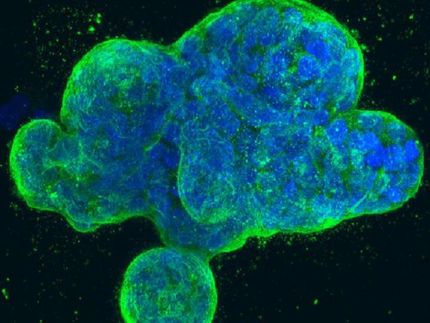New insights into human genetic variation revealed
Research led by Dr Monkol Lek of the University of Sydney and Dr Daniel MacArthur of The Broad Institute of MIT and Harvard Universities reveals patterns of genetic variation worldwide by sequencing the exomes of 60,706 individuals with diverse geographic ancestries, including European, African, South Asian, East Asian and Latino populations.
Using a massive exome sequencing database made available through the Exome Aggregation Consortium (ExAC), the international research team identified around 7.4 million genetic variants, providing unprecedented resolution into low-frequency protein-coding variants in human populations. ExAC catalogues exome data from 60,706 unrelated individuals sequenced from numerous disease-specific and population genetic studies. The ExAC website has been visited over 5.2 million times, and currently receives about 70,000 page views per week.
In a sub-analysis of the new Nature paper, the authors analysed 192 pathogenic variants reported in other studies, finding only nine with sufficient data supporting a conclusion that these variants had a strong disease association.
"Large-scale reference datasets of human genetic variation are critical for the medical and functional interpretation of DNA sequence changes," says Dr Lek.
"This analysis reveals global patterns of genetic variation providing resolution that hasn't been possible with smaller datasets of genetic variation."
Exome sequencing is a method for sequencing a subset of the human DNA genome that encodes proteins, known as exons. Humans have about 180,000 exons, constituting about one per cent of the human genome, or approximately 30 million base pairs. A base pair is a unit comprising two nucleotide bases bound to each other that form the building blocks of the DNA double helix. The human genome contains about 3.2 billion nucleotides and about 23,500 genes.
Three-quarters of the known genetic disease-causing variants are located in the protein-coding exome. Given the cost and technical challenges in analysing the all genomic sequence data, researchers are focusing much of their research primarily on exome sequencing.
Interpreting findings is a significant challenge at the heart of genetic sequencing. Each exome contains about 13,500 single nucleotide variants that change the amino acid and a large number of these are expected to be functional variants. The daunting task for medical researchers is to distinguish variants that are pathogenic from those that have little or no detectable clinical effects.
Original publication
Original publication
Topics
Organizations
Other news from the department science
These products might interest you

Kjel- / Dist Line by Büchi
Kjel- and Dist Line - steam distillation and Kjeldahl applications
Maximum accuracy and performance for your steam distillation and Kjeldahl applications

AZURA Purifier + LH 2.1 by KNAUER
Preparative Liquid Chromatography - New platform for more throughput
Save time and improve reproducibility during purification

Get the analytics and lab tech industry in your inbox
By submitting this form you agree that LUMITOS AG will send you the newsletter(s) selected above by email. Your data will not be passed on to third parties. Your data will be stored and processed in accordance with our data protection regulations. LUMITOS may contact you by email for the purpose of advertising or market and opinion surveys. You can revoke your consent at any time without giving reasons to LUMITOS AG, Ernst-Augustin-Str. 2, 12489 Berlin, Germany or by e-mail at revoke@lumitos.com with effect for the future. In addition, each email contains a link to unsubscribe from the corresponding newsletter.


























































